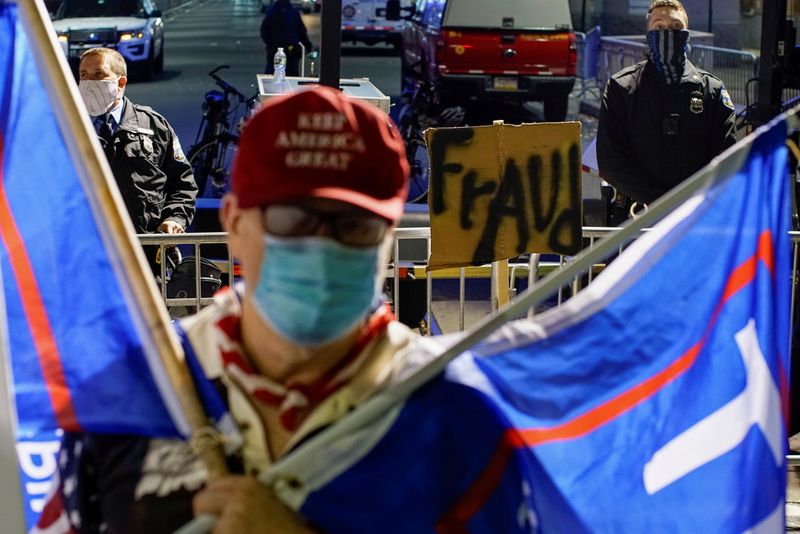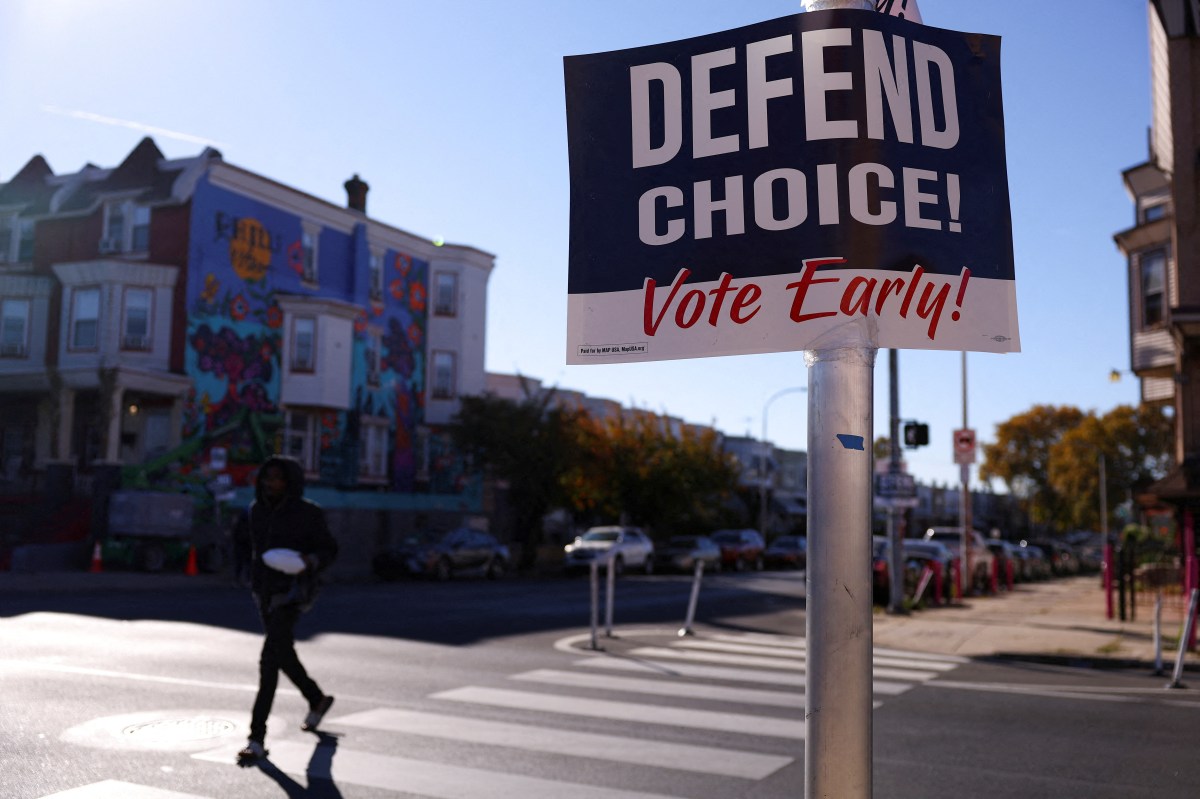WASHINGTON (Reuters) – A U.S. senator introduced legislation on Monday to broaden protections for election workers, their family members and physical polling locations in response to a Reuters investigation into threats against election administrators.
The Election Worker and Polling Place Protection Act aims to make the workers who help administer America’s elections safer — from officials to volunteers and the contractors who set up and maintain voting equipment. The protections would extend to family members of election officials and prohibit threats of damage to polling places, tabulation centers or other election infrastructure.
The measure, sponsored by Georgia Democratic Senator Jon Ossoff, cites two recent Reuters reports about threats of physical harm and death against election workers across the country, from senior officials to volunteer poll workers along with their families.
The barrage, fueled by former President Donald Trump’s ceaseless false claims that the 2020 vote was stolen, has continued nearly a year after the November election. There have only been four known arrests in response to the threats and no convictions.
“Threats of violence targeting election officials and polling places are threats against our Constitution and the right to vote,” said Ossoff, 34, elected this year. “At this moment of peril for our democracy, my bill will strengthen federal laws protecting election workers and polling places from violent threats and acts of violence.”
The measure has no co-sponsors now, but a spokesperson for Ossoff said the senator will seek bipartisan support. Proposed legislation must pass hurdles in committees, the Senate, House of Representatives and conference before becoming law, and many measures do not succeed.
A June 11 Reuters story https://www.reuters.com/investigates/special-report/usa-trump-georgia-threats revealed death threats against Georgia election officials and their families including Tricia Raffensperger, wife of Georgia Secretary of State Brad Raffensperger, a Republican who refuted Trump’s baseless voter fraud claims.
A second Reuters investigation https://www.reuters.com/investigates/special-report/usa-election-threats-law-enforcement published on Sept. 8 documented more than 100 threats of death or violence against election workers that started before the November election.
Under the new legislation, anyone who harms or threatens election workers and election infrastructure could face a fine and up to a year in prison. If the threat involves a dangerous weapon or results in serious bodily harm, penalties could be more severe.
Compared to existing federal and state laws, the new legislation could make it easier for authorities to arrest someone who makes threats by extending protection to more people such as family members, contractors and vendors who assist in the administration of elections.
The unprecedented wave of election-related threats has drawn attention from both lawmakers and the U.S. Department of Justice, which announced a task force in June to investigate threats against election staff. In addition to Ossoff’s legislation, Democratic lawmakers in the House and Senate introduced a separate bill in June https://www.reuters.com/world/us/us-lawmakers-seek-protect-election-workers-after-reuters-investigation-2021-09-10 that would make it a federal crime to intimidate, threaten, coerce or harass an election worker.
The bills are among broader reforms sought by Democratic lawmakers in Congress to preserve voting access and counter a wave of new Republican-written ballot restrictions in states around the country.
(Editing by Jason Szep and Cynthia Osterman)

























